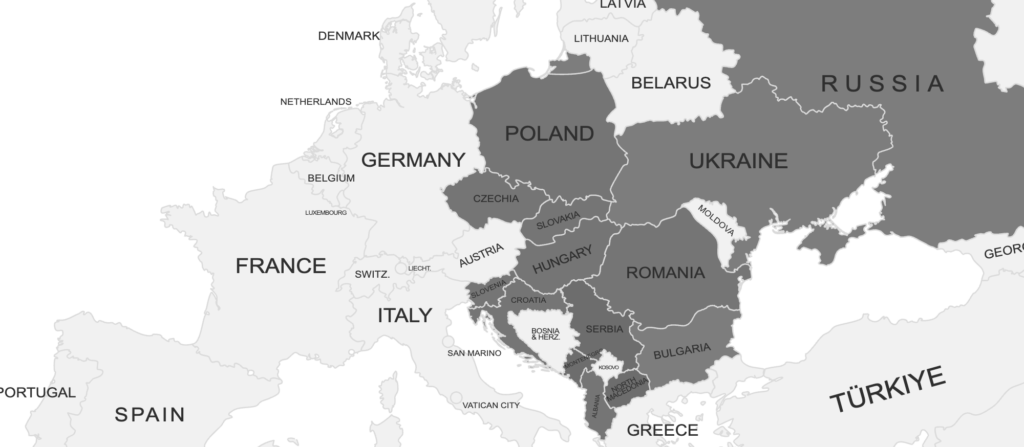Authenticity matters more than ever in mass production and globalized markets. Consumers are increasingly drawn to regional products with unique origins, from Italian Parmigiano Reggiano to French Champagne. But how do these products maintain their exclusivity and reputation in a competitive marketplace?
We believe that Geographical Indications (GIs) are more than just a marketing tool—they are a powerful mechanism for protecting traditional craftsmanship, ensuring fair economic benefits, and fostering sustainability. As a leading intellectual property rights (IPR) law firm, we are deeply involved in shaping policies that strengthen GI protections across the European Union.
Why Geographical Indications matter more than ever?
Geographical Indications are essential for preserving the authenticity and heritage of locally produced goods. Whether it’s artisanal textiles, fine wines, specialty foods, or handcrafted goods, GIs provide a legal framework that prevents misuse and counterfeiting while ensuring that producers receive the recognition and economic benefits they deserve.
But the impact of GIs extends far beyond intellectual property protection:
✔ Economic Growth – By securing exclusive rights for regional producers, GIs contribute to local economies, driving employment and sustainable development.
✔ Consumer Trust – Authenticity and quality assurance make GI-protected products highly valued globally.
✔ Sustainability & Environmental Responsibility – Many GI products are rooted in eco-friendly, traditional production methods, reinforcing responsible practices that protect natural resources.
Our role in strengthening GI protections
As part of our commitment to defending intellectual property rights, we actively engage in European Union policy discussions to enhance legislative frameworks for GI enforcement. Our legal expertise allows us to advocate for stronger measures that protect producers from unfair competition and ensure that GIs remain a cornerstone of sustainable economic development.
At Turcu & Turcu, we don’t just protect intellectual property—we safeguard cultural heritage, economic fairness, and the future of sustainable industries.


